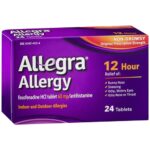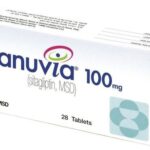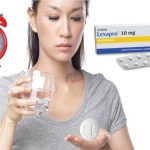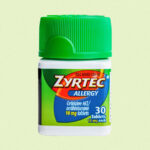How Long Does It Take For Allegra To Work?
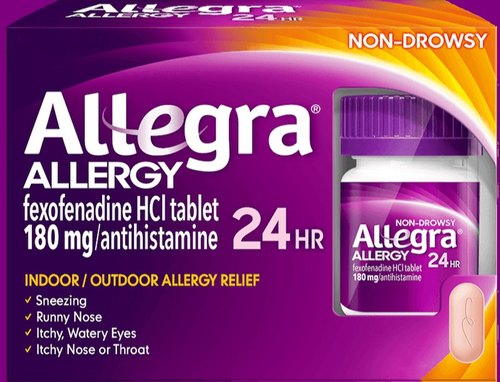
What is Allegra?
Allegra is a brand of fexofenadine, an antihistamine used to relieve allergy symptoms such as watery eyes, runny nose, itching eyes/nose, sneezing, hives, and body itching. It works by blocking a certain natural substance (histamine) that your body makes during an allergic reaction. Allegra is manufactured by Sanofi-aventis U.S. and it is approved by the U.S. Food and Drug Administration (FDA) .
Allegra(R) (fexofenadine hydrochloride) Oral Suspension is also available for the twice-daily treatment of symptoms associated with seasonal allergies in pediatric patients, 2 to 11 years of age, and for the treatment of chronic idiopathic urticaria in children 6 months to 11 years of age.
How should this medicine be used?
Allegra comes as a tablet and a suspension (liquid) to take by mouth. It is usually taken with water once or twice a day. Allegra will work better if it is not taken with fruit juices such as orange, grapefruit, or apple juice. Take Allegra at around the same time(s) every day. Follow the directions on your prescription label carefully, and ask your doctor or pharmacist to explain any part you do not understand. Take Allegra exactly as directed. Do not take more or less of it or take it more often than prescribed by your doctor.
Allegra controls the symptoms of seasonal allergic rhinitis and urticaria but does not cure these conditions. Continue to take Allegra even if you feel well and are not experiencing these symptoms. If you wait too long between doses, your symptoms may become worse. Shake the suspension well before each use to mix the medication evenly.
How Long Does It Take For Allegra To Work?
Allegra begins to work about 2 hours after administration. The drugs is long-acting, which allows for once a day administration. While the metabolism of other antihistamines occurs in the liver, fexofenadine is hepatically cleared to a lesser degree than others and excreted in the stool. Allegra works selectively on peripheral histamine-1 (H-1) receptors (these are histamine receptors that are located outside of the brain and spinal cord, such as in the gastrointestinal tract, the blood vessels, and the respiratory tract). Histamine is a chemical that is released by mast cells in response to an allergen, and it is responsible for many of the symptoms of an allergic reaction, such as swelling of the mucous membranes, sneezing, and itching. Allegra binds to histamine receptors and prevents histamine from having an effect on those receptors, which reduces the symptoms of an allergic reaction.
Does Allegra make you drowsy?
No, Allegra is classed as a non-drowsy antihistamine and because it acts on peripheral histamine receptors, Allegra is much less likely to cause drowsiness compared with some older antihistamines.
However, some people still find it makes them feel quite sleepy. Common side effects include headaches, feeling sleepy, dry mouth, feeling sick and dizziness. Do not drink grapefruit juice, apple juice or orange juice while you’re taking fexofenadine.
Some side effects can be serious. If you experience any of these symptoms, call your doctor immediately:
• hives
• rash
• itching
• difficulty breathing or swallowing
• swelling of the face, throat, tongue, lips, eyes, hands, feet, ankles, or lower legs
• hoarseness
• difficulty swallowing or breathing
Fexofenadine may cause other side effects. Call your doctor if you have any unusual problems while taking this medication.
What other information should I know?
Keep all appointments with your doctor. Do not let anyone else take your medication. Ask your pharmacist any questions you have about refilling your prescription.
It is important for you to keep a written list of all of the prescription and nonprescription (over-the-counter) medicines you are taking, as well as any products such as vitamins, minerals, or other dietary supplements. You should bring this list with you each time you visit a doctor or if you are admitted to a hospital. It is also important information to carry with you in case of emergencies.

